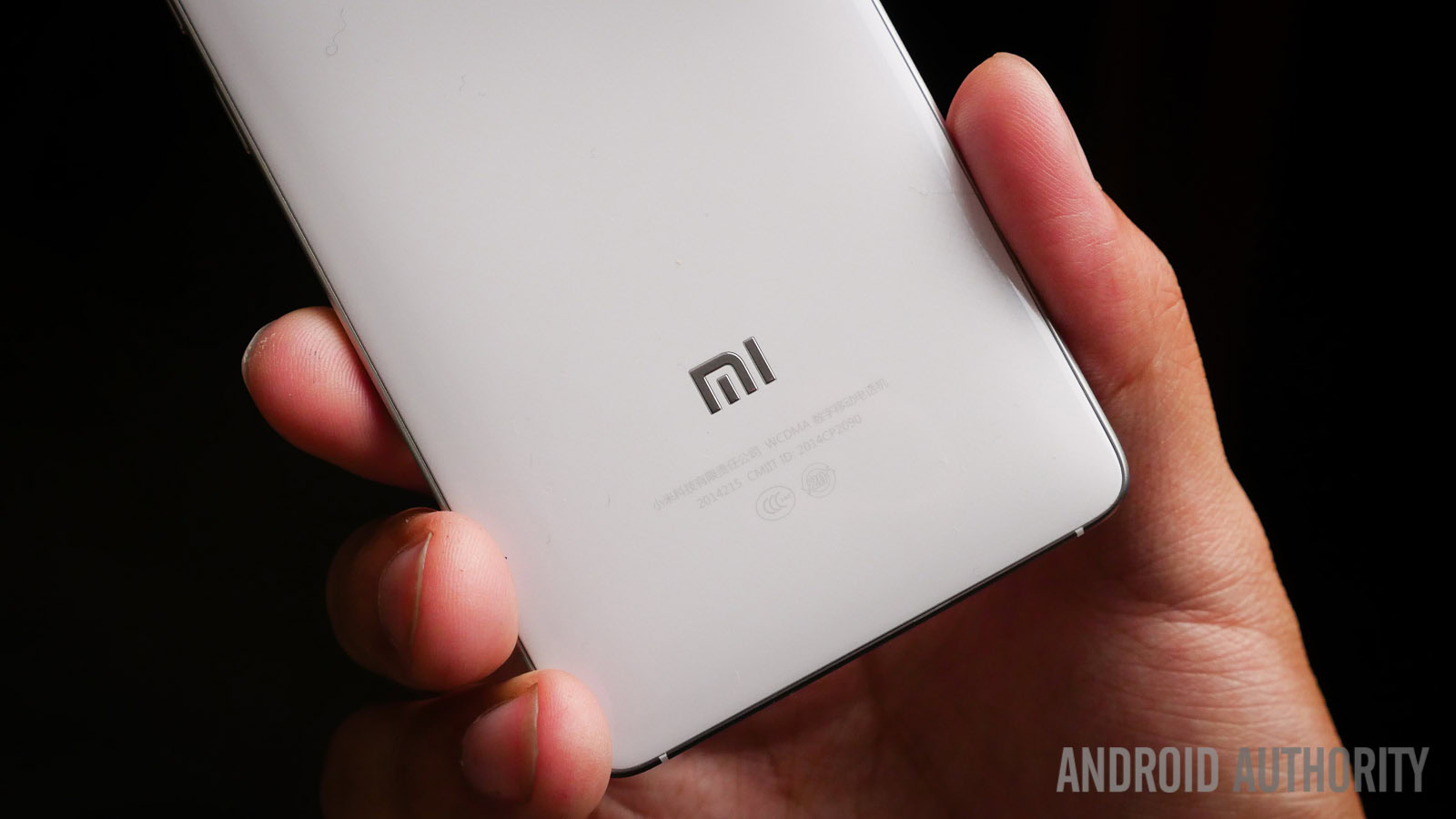Affiliate links on Android Authority may earn us a commission. Learn more.
Xiaomi cracking down on unauthorized retailers in India

Chinese handset manufacturer Xiaomi has stated that it will be taking legal action against unofficial websites selling its phones in India, as part of an ongoing dispute with Ericsson. Xiaomi and Ericsson have been locked in a legal dispute regarding alleged unlicensed use of Ericsson’s intellectual property, pertaining to wireless communication technologies.
Originally, Xiaomi smartphone sales were completely banned in India. However, Xiaomi successfully convinced a Delhi court that its Qualcomm-powered devices should not be affected by the ban, although Ericsson maintains that Xiaomi should have to pay a license-fee regardless of the chipset.
However, some third-party retailers in India continue to cause trouble for Xiaomi by selling handsets which are still banned in the country. Earlier this month, Xiaomishop.com was accused, by Ericsson, of selling banned MediaTek based-devices, however the business is not an authorized retailer in the country.
“The products sold on these websites are not meant for India and are sold at significantly higher price points. We have written to them multiple times, and we will be taking legal action against them,” – Manu Jain, Xiaomi’s head of India operations
Although Xiaomishop.com is no longer functional, Xiaomi plans to continue with legal action against it, as well as four or five other websites breaching the law. Only Flipkart and Airtel are authorised Xiaomi dealers in India.
In a bid to abate IP accusations and further comply with local Indian laws, Xiaomi is in talks to setup an assembly line in India. Hon Hai Technology Group (Foxconn) and Inventec are listed as potential manufacturing partners, but talks are still ongoing.
As Xiaomi continues to expand into new markets, it is bound to encounter further legal obstacles and patent disputes. Speaking in San Francisco earlier this month, Xiaomi’s Hugo Barra acknowledged that IP litigation is an inevitable part of doing business. In order to better defend itself, the Chinese company amassed over 2,800 patents of its own in 2014.